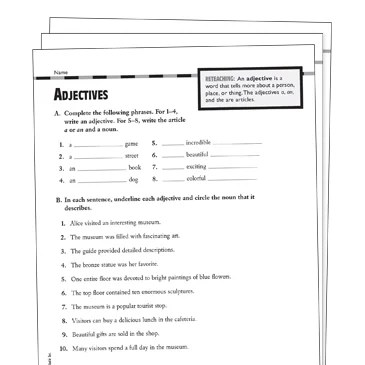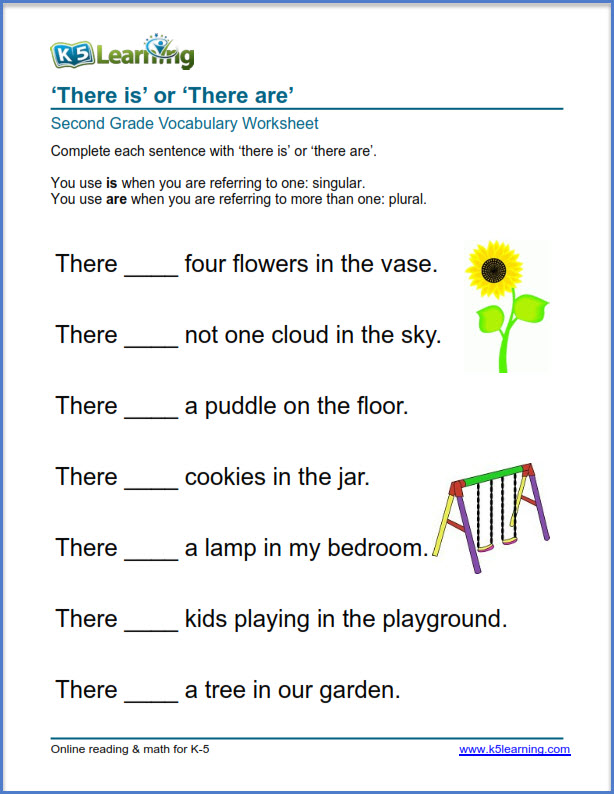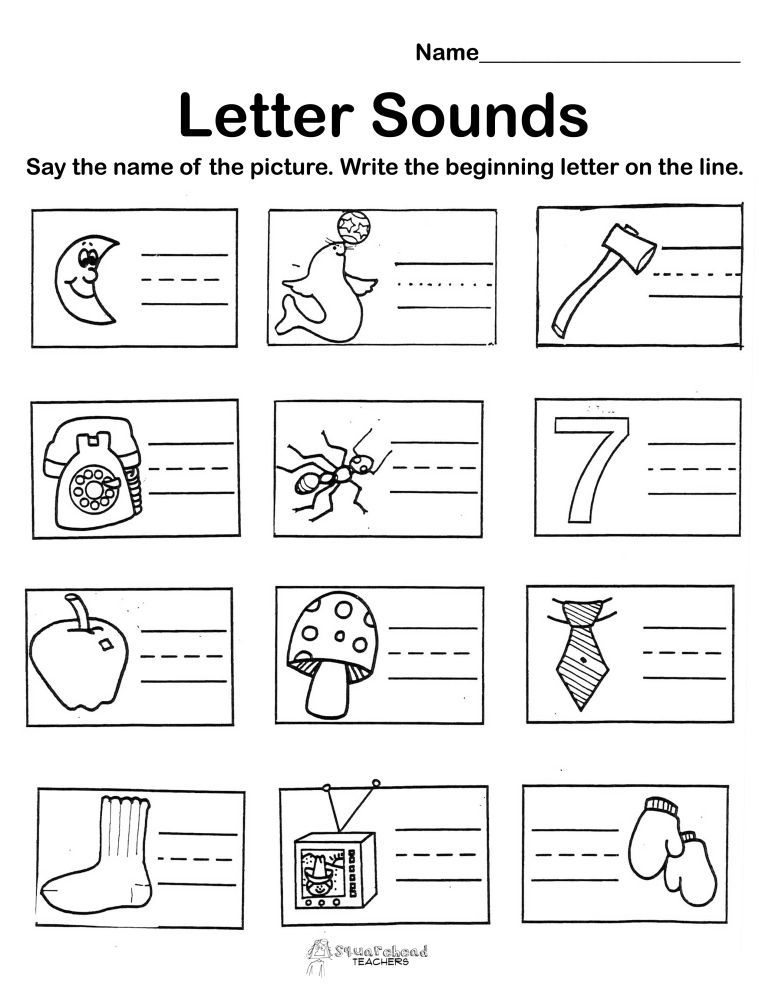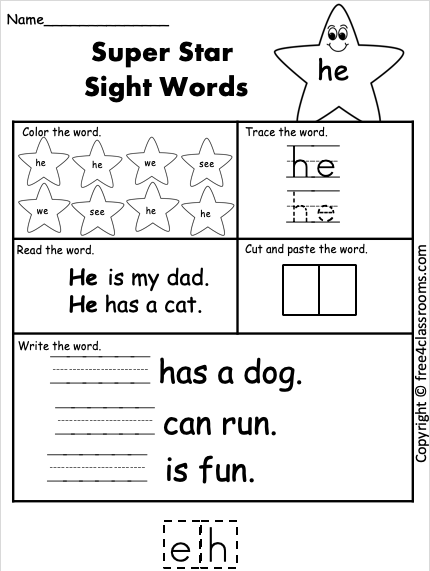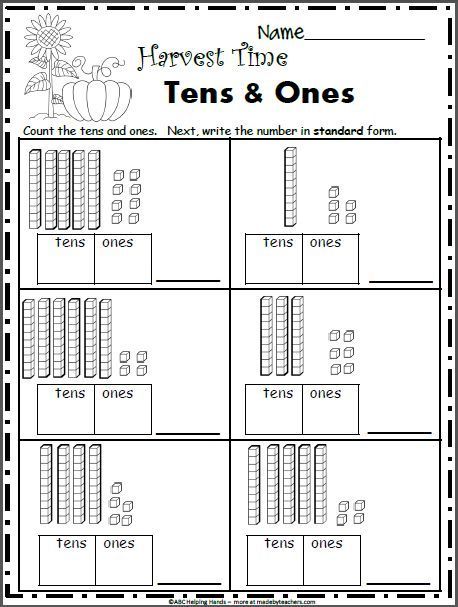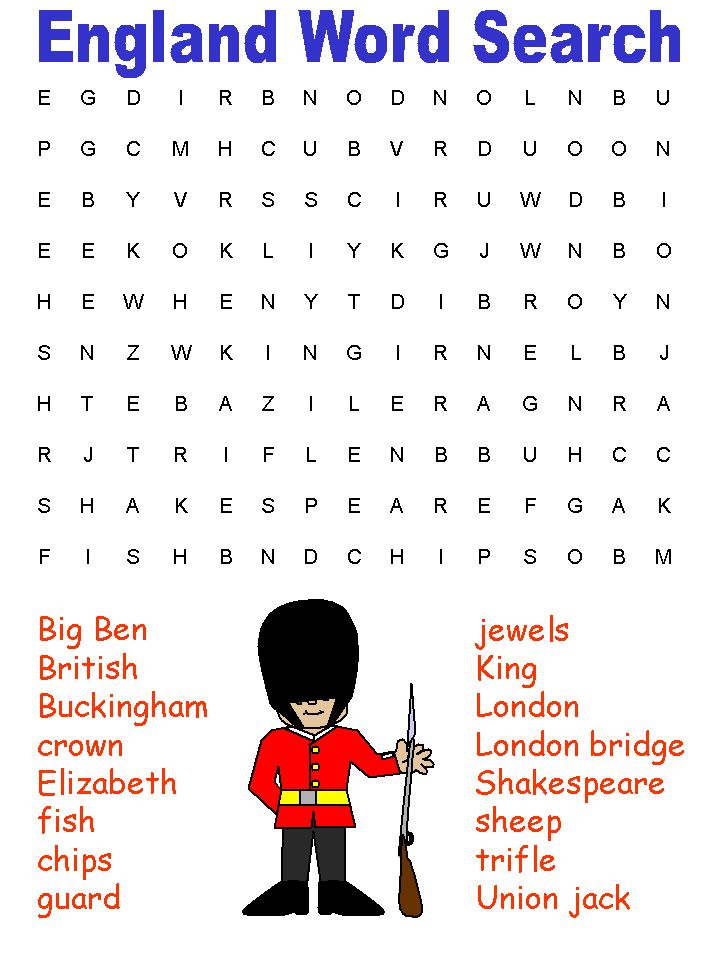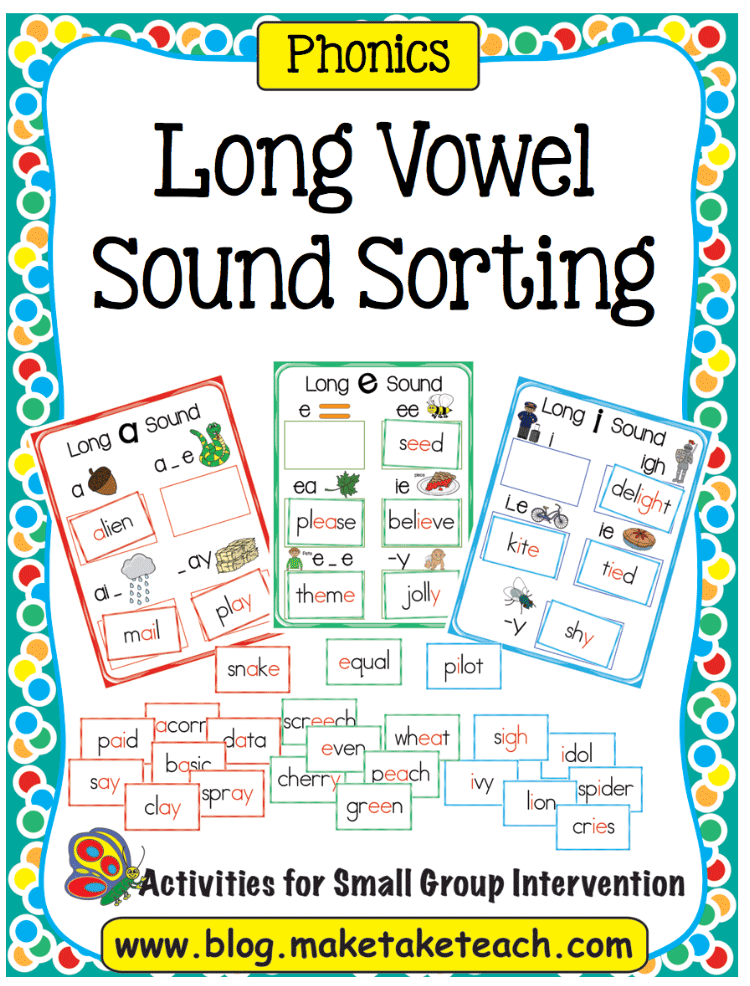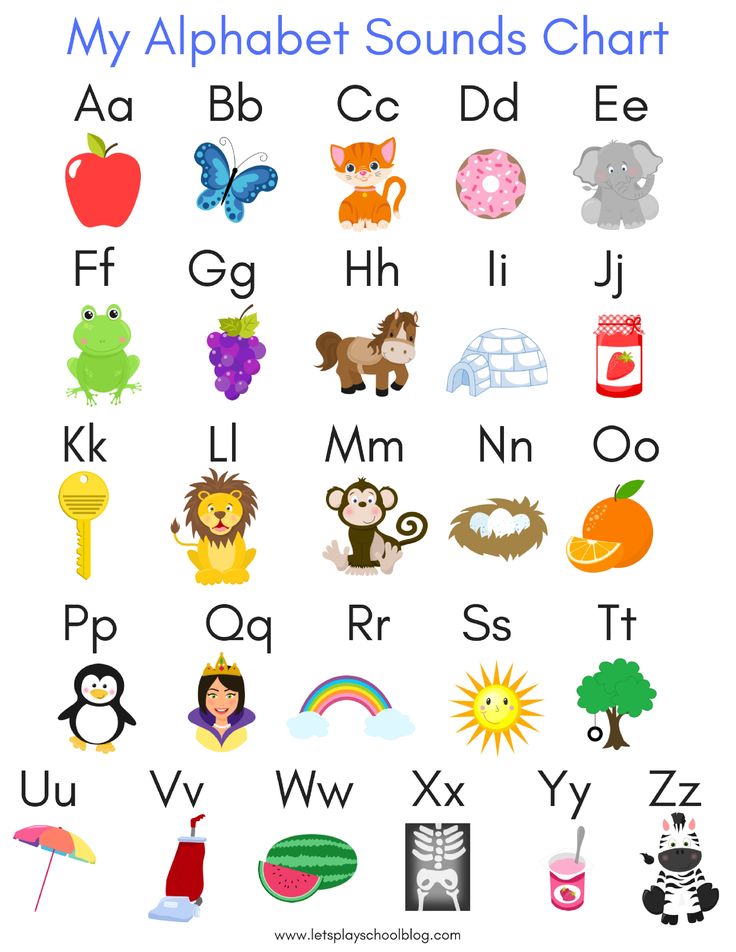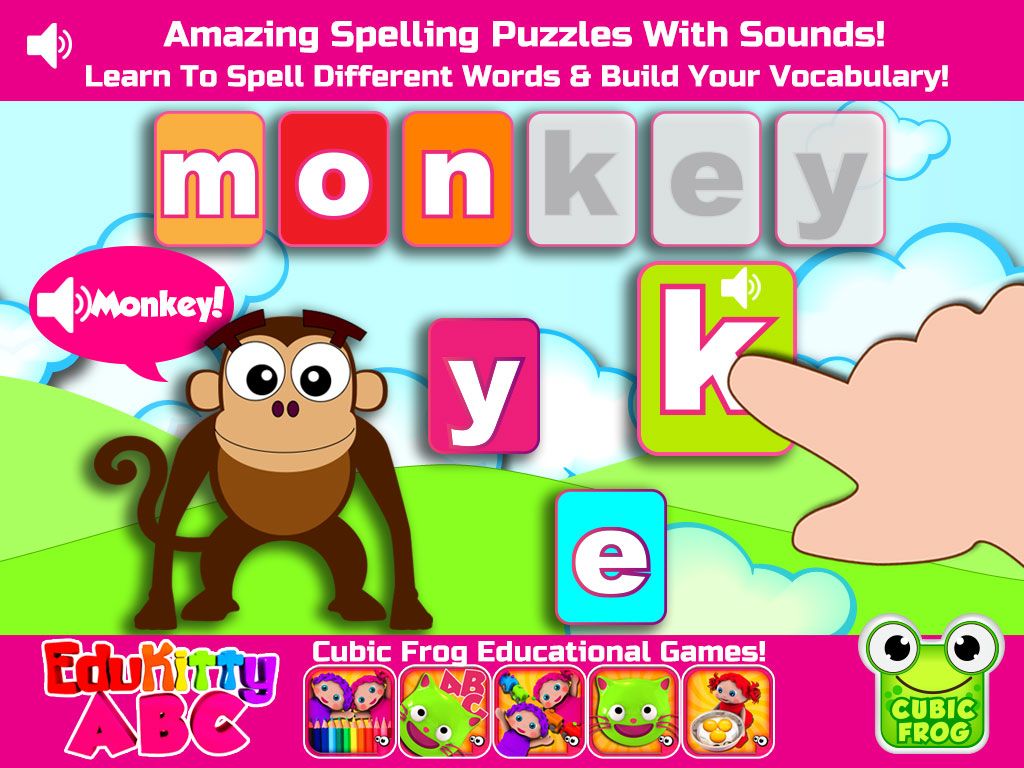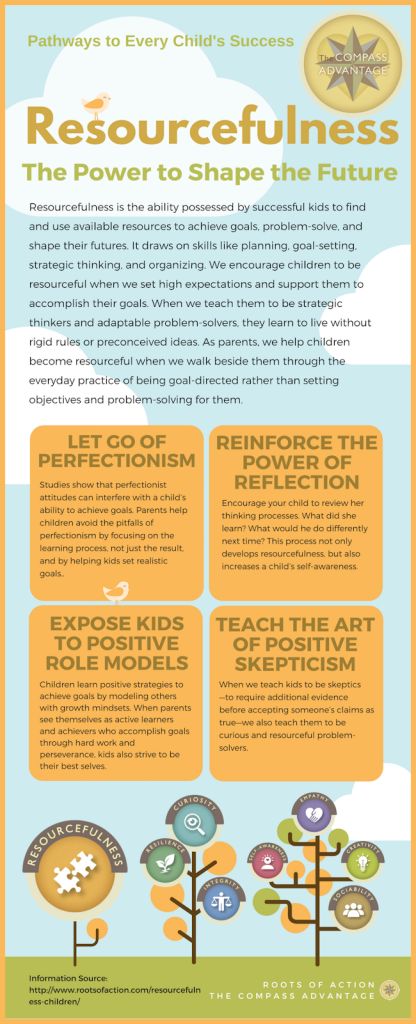Adjectives for 5th grade
Fifth Grade Language Skill Builders
Links verified on 05/30/2022
1. Adjective as Adverb. Click Image to Enlarge
Read the given sentence. Find the adjective. Rewrite the sentence using the adjective as an adverb. SEE MORE
2. Adjective Awareness. Click Image to Enlarge
An adjective is a word that modifies a noun or a pronoun. Select the adjective in each sentence. SEE MORE
3. Adjective Review Game. Click Image to Enlarge
Find the adjective or predicate adjective in each sentence.  SEE MORE
4. Adjectives & Adverbs Interactive.
Click Image to Enlarge
15 links to adjective and adverb interactive games from ESL GAMES+. SEE MORE
5. Adjectives and Adverbs. Click Image to Enlarge
Who wants to be a Millionaire? Find that adjective or adverb in each sentence. Or, choose which word is not an adjective or adverb. SEE MORE
6. Comparative Adjectives. Click Image to Enlarge
You get to aim and shoot at the tank that have the correct option for the question put across you. Aim your tank gun at the correct angle and shoot the tank. SEE MORE
7. Grammar Gorillas. Click Image to Enlarge
Advanced level - practice identifying all parts of speech.  SEE MORE
8. Parts of Speech. Click Image to Enlarge
Decide what parts of speech should be used to fill out the blanks.  SEE MORE
9. Personality Pumpkins. Click Image to Enlarge
Match the pumpkin face with its correct adjective. Students will see nine different pumpkin faces, each with different expressions. Students must match words such as tricky, smitten, bored, studious, and many others to the correct face. Great way to practice adjectives.  SEE MORE
10. Tutorial: Degrees of Comparison in Adverbs. Click Image to Enlarge
Learn about the different degrees of comparisons of adverbs.  SEE MORE
Page Not Found - Reading Worksheets, Spelling, Grammar, Comprehension, Lesson Plans
The page you are looking for no longer exists. Perhaps you can return back to the site's homepage and see if you can find what you are looking for. Or, you can try finding it by using the search form below.
Pages:
- About Us
- Book Lists – Literature Awards Links
- Coming Soon
- Contact Us
- Dolch List of 95 Nouns
- Dolch Word List Combined and Sorted by Frequency
- Dolch Word List Sorted Alphabetically by Grade
- Dolch Word List Sorted Alphabetically by Grade with Nouns
- Dolch Word List Sorted by Frequency by Grade
- Dolch Word Search Puzzles
- Fry Word List – 600 High Frequency Words
- Handwriting Practice Worksheets – D’Nealian Style Print
- PDF Viewer
- Podcast Coming Soon
- Privacy Policy
- Reading and Other Educational Resources
- Reading Comprehension Guide, Strategies & Worksheets
- Reading Topics
- Search
- Search Results
- Sight Words
- Site Search Engine
- Terms of Use
- Test Page
- Thank You For Signing Up For Our Newsletter!
- Thank You For Subscribing – Just One More Step .
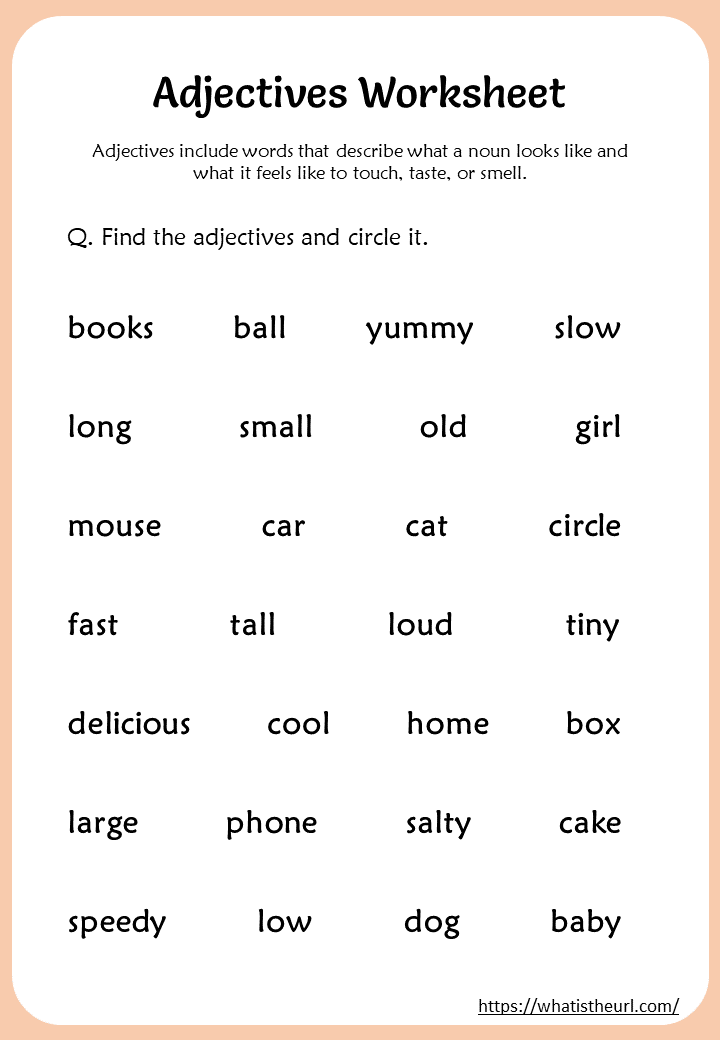 . .
. .
Categories:
- Adjectives
- Adverbs
- Articles
- Essay Writing
- Parent's Guide to Reading
- Balanced Literacy
- Blog
- Blogs
- Book Lists
- Bookmarks
- Content Area Reading
- Cultural Diversity
- Dyslexia
- Feature
- Fluency
- Games and Activities
- Giveaways
- Grammar
- homophones
- Nouns
- Parent Tips
- Phonemic Awareness
- Phonics
- Pronouns
- Punctuation
- Reading Award Certificates
- Reading Comprehension
- Reading Games
- Reading Logs
- Reciprocal Teaching
- Reviews
- Sentence Types
- Sight Words
- Struggling Readers
- Teaching Tools
- Tutoring
- Uncategorized
- Verbs
- Vocabulary
- Worksheets
- Writing
Authors:
- Asher Brauner (5)
- Jerry Charles (92)
- Joelle Brummitt-Yale (29)
- Pam Marshall (74)
- Summer Edward (9)
- Taylor Charles (42)
Monthly:
- March 2019
- August 2017
- July 2017
- March 2017
- February 2017
- January 2017
- December 2016
- October 2016
- September 2016
- September 2015
- July 2015
- June 2015
- May 2015
- April 2015
- August 2014
- July 2014
- April 2012
- March 2012
- December 2011
- November 2011
- August 2011
- July 2011
- June 2011
- May 2011
- April 2011
- March 2011
- February 2011
- January 2011
- December 2010
- November 2010
- October 2010
- September 2010
- August 2010
- February 2010
- November 2008
- August 2008
- July 2008
- June 2008
- May 2008
- March 2008
Recent Posts:
- Guide to Reading Comprehension
- 101 Nouns That Are Also Verbs
- Can You End a Sentence With a Verb?
- What is Subject Verb Agreement?
- 5 Tips to Improve Reading Comprehension Strategies
- What Does a Pronoun Do?
- Conclusion Transition Words
- How to Teach a Child to Read
- Teaching Text Structure to Young Readers
- What Is the Oxford Comma?
- CVC Word List Charts
- Practicing Consonant Blends and Digraphs With Great Printables
- 30 Inspirational Quotes for Kids
- Inspirational Quotes for Kids
- 15 Children’s Book Authors to Know, Love and Share With Your Students
- 15 Great Dr.
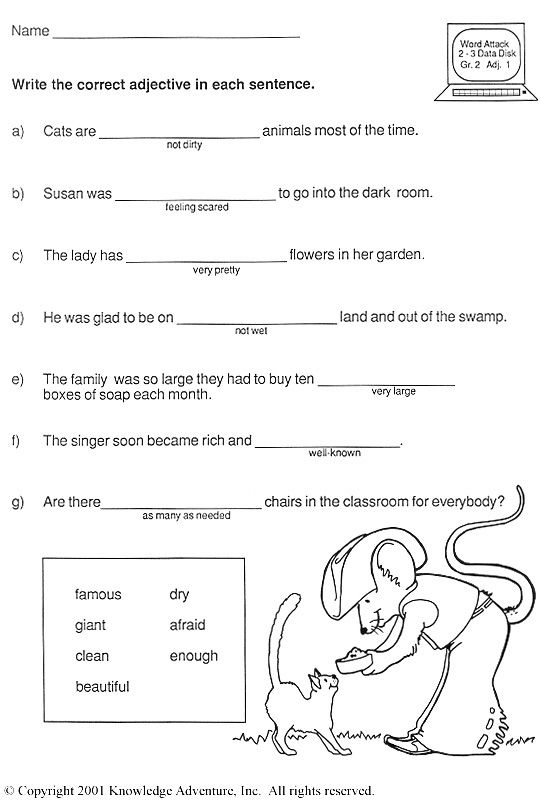 Seuss Activities and Printables for Your Classroom
Seuss Activities and Printables for Your Classroom - Top 16 Teacher Gifts That Are Guaranteed to Be Appreciated
- Book Award Lists for Children and Young Adults
- Dinosaur Books for Kids
- Mystery Books for Kids
- Non-Fiction Books for Kids
- Historical Fiction Books for Kids
- 3 Main Idea Activities
- 5 Context Clues Games
- Four Unique, Interactive Ways to Teach Story Elements
- High School Spelling Words Research
- High School Spelling Words – 36 Week Program
- Transition Words for Essays
- 50 Compare and Contrast Essay Topics
- 50 Narrative Essay Topics
- 50 Descriptive Essay Topics
- 50 Cause and Effect Essay Topics
- 60 Persuasive Essay Topics
- Chapter 1: Why Reading Matters
- Chapter 2: Parent’s Matter, Too
- Chapter 3: Body Basics
- Chapter 4: The Eyes Have it
- Chapter 5: Checkup Time!
- Chapter 6: Trust Your Gut
- Chapter 7: You and Your Child’s Teacher
- Chapter 8: The Struggling Reader
- Chapter 9: Could My Child Need Special Help?
- Chapter 10: Your Rights as a Parent
- Chapter 11: It’s a Date!
- Chapter 12: Get it in Writing
- Chapter 13: Setting Goals
- Chapter 14: Common-Sense Common Core
- Chapter 15: Right From the Start
- Chapter 16: What’s Cookin’ in the Kitchen?
- Chapter 17: Building a Book-Friendly Home
- Chapter 18: Make it FUN!
- Chapter 19: Build a Bookshelf!
- Chapter 20: Stocking the Shelves
- Chapter 21: The Reading-Writing Connection
- Chapter 22: Words, Words, Everywhere!
- Chapter 23: Time Management
- Chapter 24: Homework Anxiety
- Chapter 25: Map it out!
- Chapter 26: Stress and Learning
- Chapter 27: Ready, Aim, Fire!
- Chapter 28: The Power of Positive Thinking
- Chapter 29: Homework Help
- Chapter 30: Learning Apps
- Chapter 31: Enthusiasm Is Contagious
- Chapter 32: Author! Author!
- Chapter 33: Go Online
- Chapter 34: Why Reading Level Matters
- Chapter 35: Target Your Child’s Interests
- Chapter 36: Reading and Music
- Chapter 37: It Takes a Village
- Chapter 38: Make It a Family Affair
- Chapter 39: Practice, Practice, Practice
- Chapter 40: Give the Gift of Reading
- Chapter 41: Think Inside the Box
- Chapter 42: Rewards and Consequences
- Chapter 43: Learning Styles and Reading
- Chapter 44: Get Out the Bikes!
- Chapter 45: Kids are Digital Natives
- Chapter 46: Fight the Summer Reading Loss
- Chapter 47: Reading Fun in the Sun
- Chapter 48: Reading Road Trip!
- Chapter 49: It’s Never Too Early to Plan Ahead
- Chapter 50: More Reading Resources
- How to Write an Introduction Paragraph
- How to Write an Essay Outline
- How to Write a Conclusion Paragraph
- Types of Essays
- Reading Worksheets by Theme
- Reading Worksheets By Main Subject
- Graphic Aids and Templates
- Reading Instruction Article Categories
- Spelling Worksheets – 1st – 5th Grade Curriculum
- Reading and Writing Rubrics for Teachers
- Civil Rights and Martin Luther King Jr.
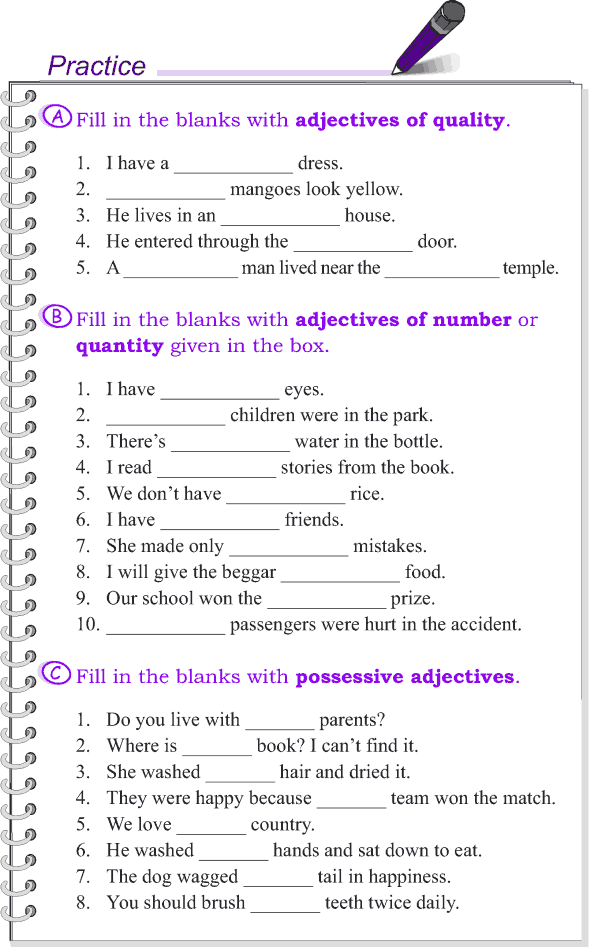 Worksheets
Worksheets - Synonyms and Antonyms Worksheets
- Synonyms Game
- Printable Reading Award Certificates
- Printable Reading Logs
- Free Printable Bookmarks
- Appositive Phrase Worksheets
Lesson "Adjective name" (grade 5)
Open lesson in Russian.
5th grade.
Subject Name adjective as part of speech.
Purpose Repeat the general meaning of the name adjective, its morphological features. Tasks
Educational: to replenish practical experience students in the use of adjectives in phrases, sentences and connected text, pay attention to the role of adjectives in speech.
Developmental: improve spelling and punctuation skills; development of logical thinking.
Educational: skills development cooperate during exercise; education of attention and respect for the word.
Lesson form: lesson - opening; design and research activities at the Russian language lesson.
Methods and techniques: research activity; work in groups, analysis of a poetic text; exercises for development of selective memory; work with the basic schema-table; developing technology - the development of speech creation skills.
Lesson progress.
1. Introduction by the teacher.
Dear children, our lesson today is I want to start with a wonderful poem that will help us plunge into the atmosphere of a fairy tale, a miracle, extraordinary discoveries. And it's called "The Tale of paints".
If everything in the world were the same color,
Would it make you angry
Or would it make you happy?
Who would dare from now on,
Coming home tired, green sleeping feather bed
Under the green blanket?
And wash your face with green water at dawn,
And dry yourself with green, green
Towel?
To admire, as above you,
Green birds soar,
Over green houses
The sun is brightly green.
People are used to seeing the world
White. Yellow. Blue. Red.
Let everything in the world will be
Amazing and different.
To tell about amazing and different things we need words - names adjectives.
2. setting goals and objectives of the lesson.
Guys, do you know who makes discoveries?
Pupils: Discoveries are made by scientists, researchers, discoverers.
Do you think we are capable of make a discovery? (Yes)
Let's be scientific researchers today. Let's open we are a part of speech that you already know a little from elementary school - this is the name adjective.
Entry Topics.
Adjective.
What spelling did you find in the name of the part of speech?
Pupils: vowel alternation at the root of a word.
How do you understand the meaning of the name of the part of speech?
Students: Attached, added to something.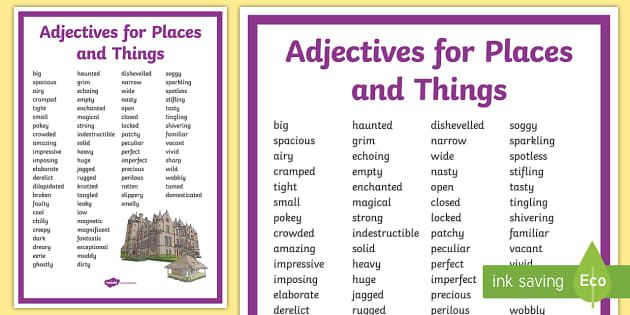
As you already know, many grammatical terms have their roots in Latin language. The adjective is no exception. Literal translation from Greek language - an epithet. We have already met with this concept in the lessons. literature. Yes, and in Latin this term sounds similar, and its translation is “something thrown, added, attached.
3. Exploring a new topic.
So, we are discoverers. Today in the lesson, step by step, we will do with you opening. And the scheme-table will help us not to stray from the right path. open it we will gradually.
| Feature |
| Meaning |
| items |
|
|
| Which one? Whose? |
| Questions |
| What? |
|
|
you you know, guys, that by the number of words used, adjectives take 3 place after nouns and verbs.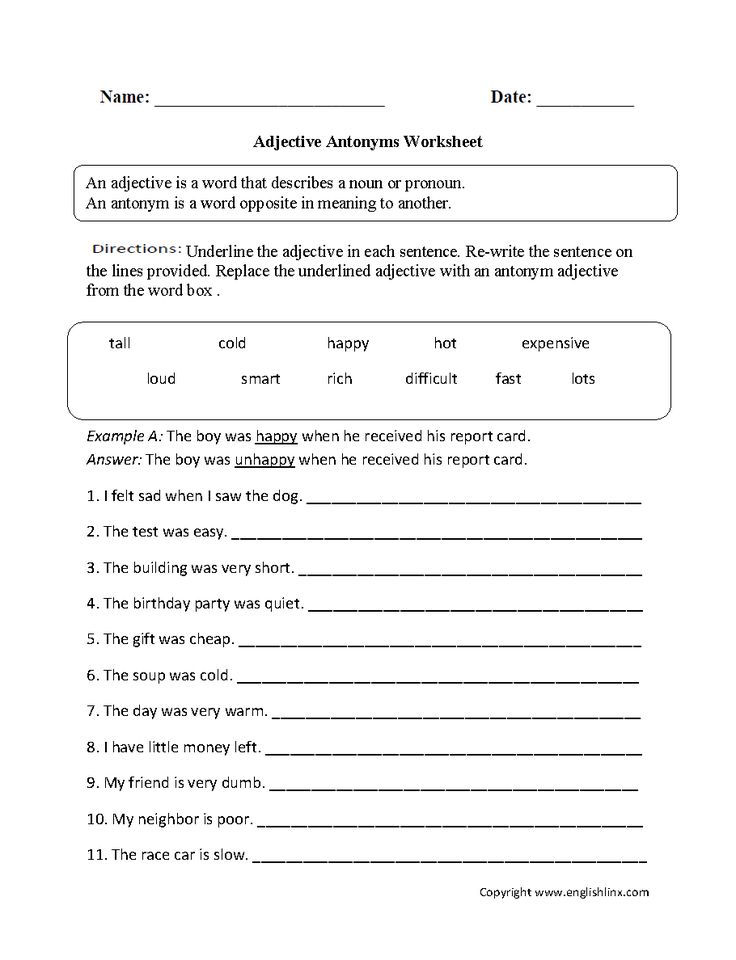 By frequency of use - 5th place.
By frequency of use - 5th place.
When How often do we use adjectives?
Great role of adjectives in fiction, they are widely used in creating portrait characteristics of heroes, when describing their feelings, moods, emotional experiences.
Special role belongs to adjectives in creating impressive pictures of nature. That's why today in the lesson we will turn specifically to the poetic text - the poem by S. Yesenin:
And all around pearly dew
Shed scarlet sparkles,
And over the silver lake
Reeds, bending down, whispered.
- Name the spellings missing in the words (unstressed vowels in word roots). Choose test words.
- Find the grammatical basis of the sentence. Give his characterization.
1. What picture of nature do you imagine?
2. The use of what artistic means helps the poet to create a bright, figurative picture?
3. So, epithets are figurative adjectives.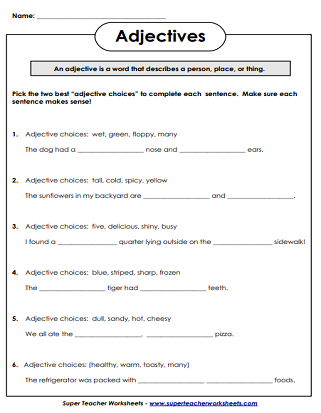 Write them out together with the nouns on which they depend (pearl dew, over a silver lake, scarlet sparkles).
Write them out together with the nouns on which they depend (pearl dew, over a silver lake, scarlet sparkles).
- How do you understand expressions?
4. Prove that these epithets are adjectives ( denote a sign of action, answer the corresponding questions ).
But adjectives can also answer other polls. And which ones, we will now determine.
(Work in groups.)
Task:
Find the adjectives, write them down. On the what question are they answering?
1 group.
Darkness at night, silence at night.
Fish, fish, where do you sleep?
A fox trail leads to a hole,
A dog's trail leads to a kennel.
2 group.
Belkin's trail leads to a hollow,
Myshkin - to a hole in the floor.
It's a pity that in the river, on the water,
There are no traces of you anywhere.
Only darkness, only silence,
Fish, fish, where do you sleep?
(I.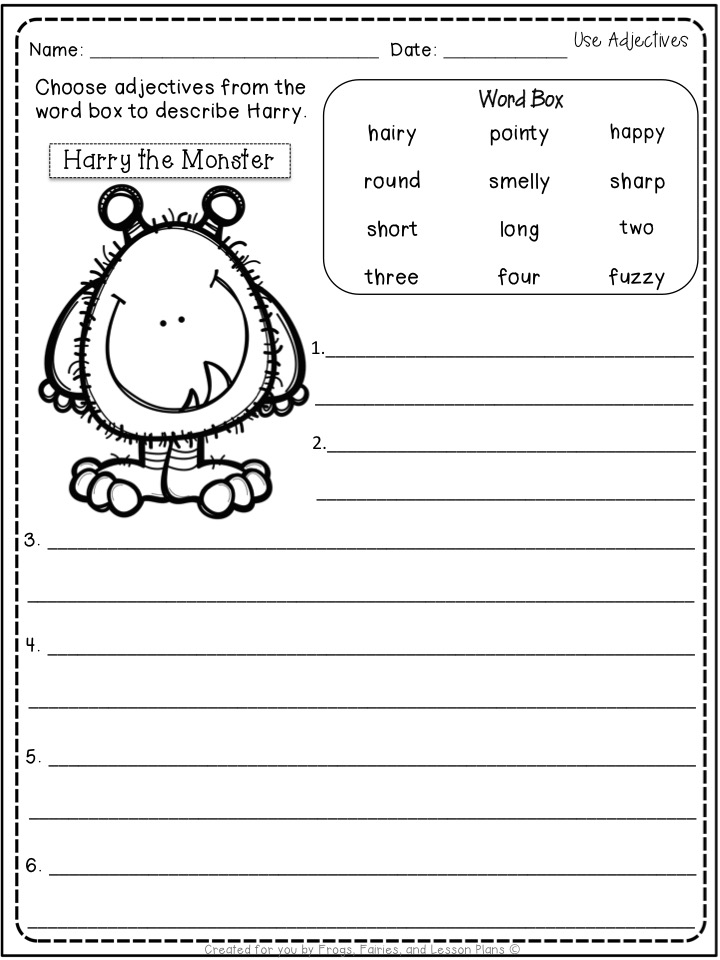 Tokmakova.)
Tokmakova.)
To determine the morphological signs, decline word combinations:
1.2 groups - pearl dew 3, 4 groups - silver lake.
- Has the adjective changed?
(Yes, just like a noun.)
So the adjective changes in cases. What part of speech helps them to determine the case?
(noun)
Let's take a closer look at nouns. What makes them different? What are the morphological features?
(gender, number)
- Determine the gender and number of nouns.
- Can nouns and adjectives be different kind and number?
(No, they match.)
- Is it possible for an adjective to be plural determine genus?
(No.)
Let's conclude:
Adjectives change in cases, numbers and in the singular - by gender. Open the table.
Physical education minute.
1. Hand massage.
Here are my helpers,
Turn them as you like.
If you want this, if you want this - Do not be offended no way.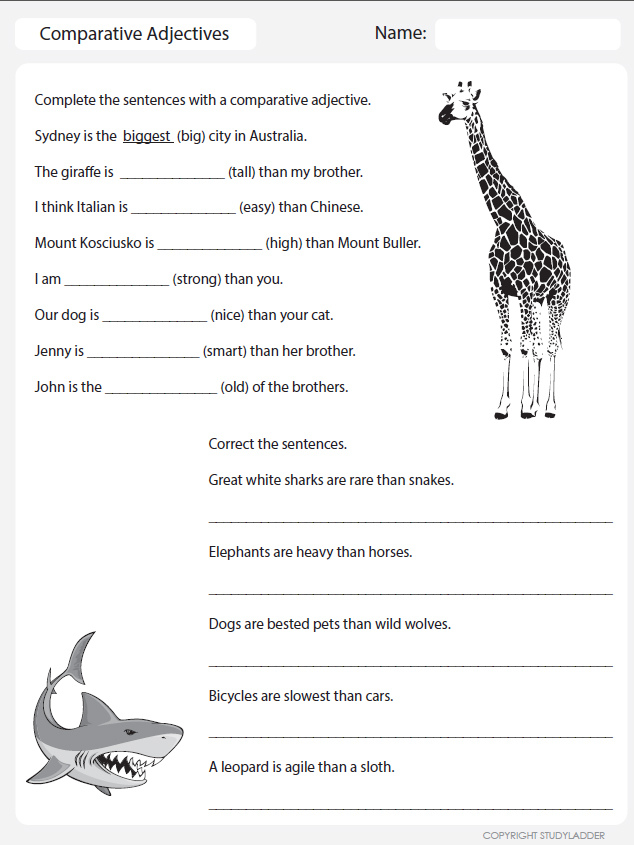
2. Get up. Game "Find extra".
You must clap your hands, stamp your feet if the word does not fit the given group, i.e. is not an adjective.
- Imagine that we come on excursion to the palace of adjectives and see many signs: cheerful, stupid, purple, birdie, dexterous, run, fly, smart, colorful, boys, girls, play, joyful.
3. Children repeat after the teacher:
We went to the forest.
How many miracles are there!
We looked to the right, to the left.
Bent over and sat down.
They quietly sat down to study.
Look at the offers carefully. Find adjectives.
Determine. What part of the sentence are they can be?
Conclusion:
Most often, adjectives are definitions, but can act as a predicate.
Name these adjectives. Which do they answer the question?
This short adjectives.
Opening the last part of the table.
So, guys, we opened a table with you.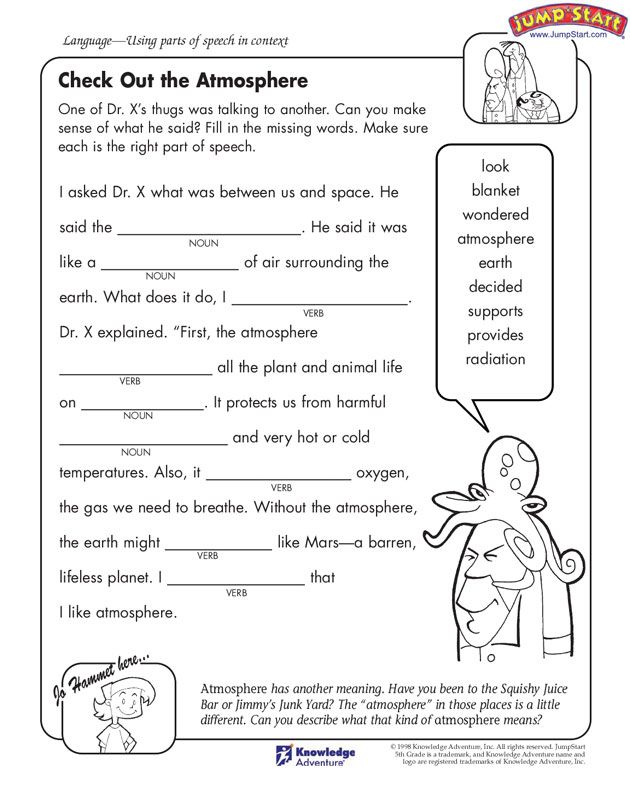 Look at it carefully, once again comprehend what we talked about in the lesson. and draw a general conclusion - what is called an adjective?
Look at it carefully, once again comprehend what we talked about in the lesson. and draw a general conclusion - what is called an adjective?
And now let's open the textbook and compare the rule in it (p. 217) with ours conclusion. Have we named all the signs of the adjective?
(Not in the textbook refers to short adjectives.)
A Now let's put our knowledge into practice. To complete the tasks, we must practice a little.
1) According to the words - signs of the subject (adj.) guess word-objects (n.):
,) Soft, warm, fluffy, funny, small, pretty, mustachioed, playful, nimble, charming, playful ... (kitten)
,) Round, fragrant, delicious-delicious, juicy, fragrant, red-sided ... (apple)
2) And now vice versa. The task is called "Give the subject a sign."
Job performed in groups. Write as much as you can in two minutes adjectives to the proposed nouns.
1 group - grass
2 group - mountains
3 group - snow
4 group - sea
3) Solve riddles.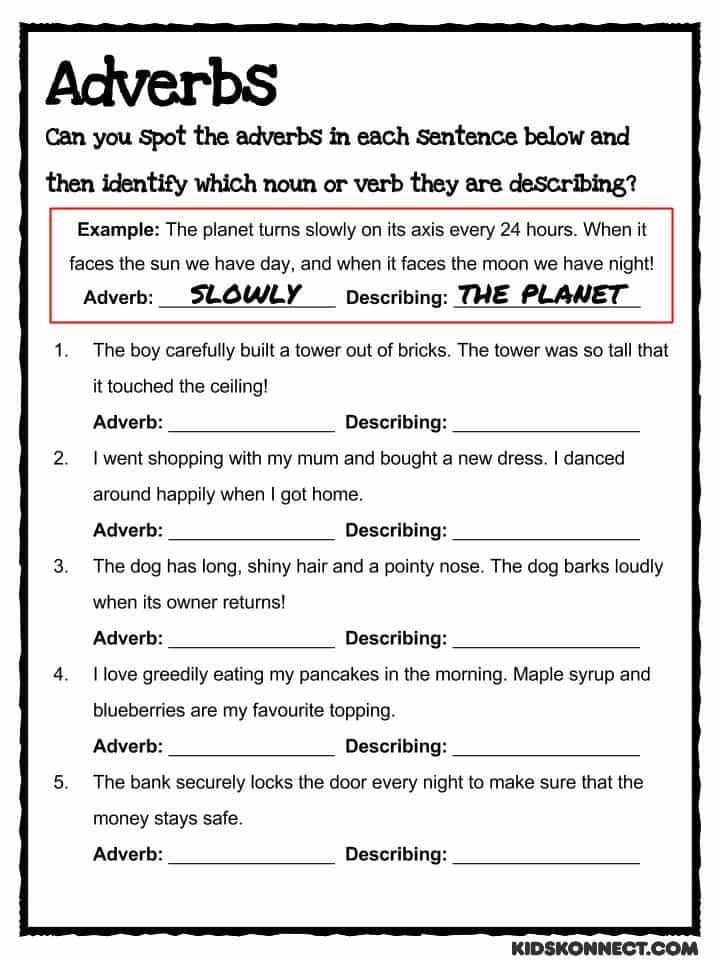 (The job is performed in groups.)
(The job is performed in groups.)
1 group Cunning cheat,
Red head,
Fluffy tail - beauty.
Who is this?
(fox)
Green, sweet, sugar.
(watermelon)
2 group
Doesn't look like a sheepdog.
Every tooth is a sharp knife!
He runs with bared jaws,
Ready to attack a sheep.
(wolf)
Ripe, round, juicy.
(apple)
3 group
Not a lamb and not a cat,
Wears a fur coat all year round.
Fur coat gray - for summer,
Fur coat for winter - different color.
(hare)
Brown, furry, clumsy?
(bear)
4 group
Three-three arrived.
The horses in that trio are white.
And the queen is sitting in the sleigh,
White-haired, white-faced.
As she waved her sleeve - She covered everything with silver.
(winter)
Conclusion:
So what are adjectives for?
(For figurativeness, brightness of our speech, with the help of adjectives, you can nouns to describe the shape, color, taste, size and other features.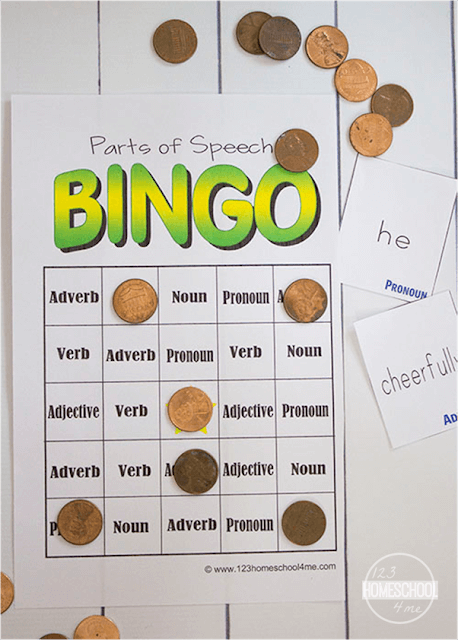 )
)
Therefore adjectives they say about themselves like this:
Sometimes with nouns Not life, but just boredom.
They have no color without us,
No smell, no sound.
But if to attach us to them They will live more cheerfully.
Conclusions:
Our lesson is over. What What do you remember most about the lesson?
- Write down any 4 adjectives.
- Let's add them to the text.
Today Tanya's birthday!
Mother with daughter baked ... pie.
On they set the table ... flowers.
... guests coming soon.
- Why is it funny?
(Adjectives and nouns are not match each other in meaning.) It is on this cheerful note that we will end our lesson.
Homework: p. 217 (learn rule), exercise 574.
Lesson in Russian in grade 5 on the topic: "Adjective as a part of speech" | Outline of the lesson in the Russian language (grade 5) on the topic:
lessons in Russian in grade 5 on the topic:
"Adjective as a part of speech"
Teacher: Russian language and literature Sabko A.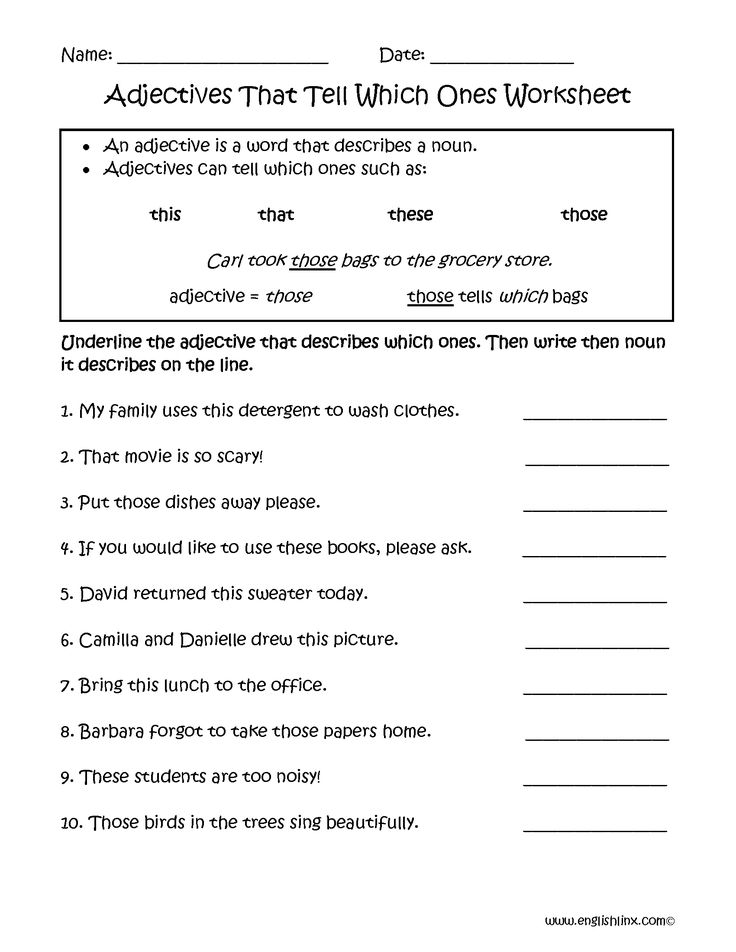 M.
M.
Subject: Adjective as a part of speech.
Purpose: Repeat the general meaning of the adjective, its morphological features.
Tasks:
Educational: to expand students' practical experience in using adjectives in phrases, sentences and connected text, pay attention to the role of adjectives in speech.
Developing: - to develop children's creative abilities, imagination, associative, figurative thinking, the ability to highlight essential features, communication skills, the ability to work in pairs.
Educational: the formation of skills to cooperate in the performance of tasks; education of attention and respect for the word.
Lesson form: lesson - project; project-research activity at the Russian language lesson using ICT. (presentation)
Methods and techniques: research activity; work in groups, analysis of a poetic text; exercises for the development of selective memory; developing technology - development of creativity.
Lesson progress.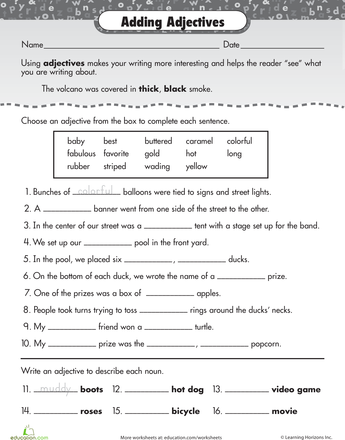
1. Organizational moment
Teacher. : Hello, sit down! Let's smile at each other. May today's lesson bring us all the joy of communication. Today, guys, you will find many interesting tasks, new discoveries, and attention, resourcefulness and ingenuity will be your assistants.
OUR MOTTO: "FRIENDSHIP IN BUSINESS ASSISTANT!"
So, good luck with your work! (1 min) (slide 3)
2. Goal setting (2 min)
Russian language project today. And his theme was hidden in the poem.
I am looking for an unusual, sonorous,
special, strong, the best,
short, long, red, blue,
Dislike, bright, very beautiful,
It is diminutive or affectionate,
it is called more ... (adjective) (slide 4)
What topic of the Russian language do you think we will devote today's lesson to?
You are right! Adjective name! And the theme is: “And the adjective said: “I am an attractive word!”
What is the purpose of our lesson today?
(remember what we learned about the adjective and learn new things, be able to find adjectives in the text, distinguish adjectives from other parts).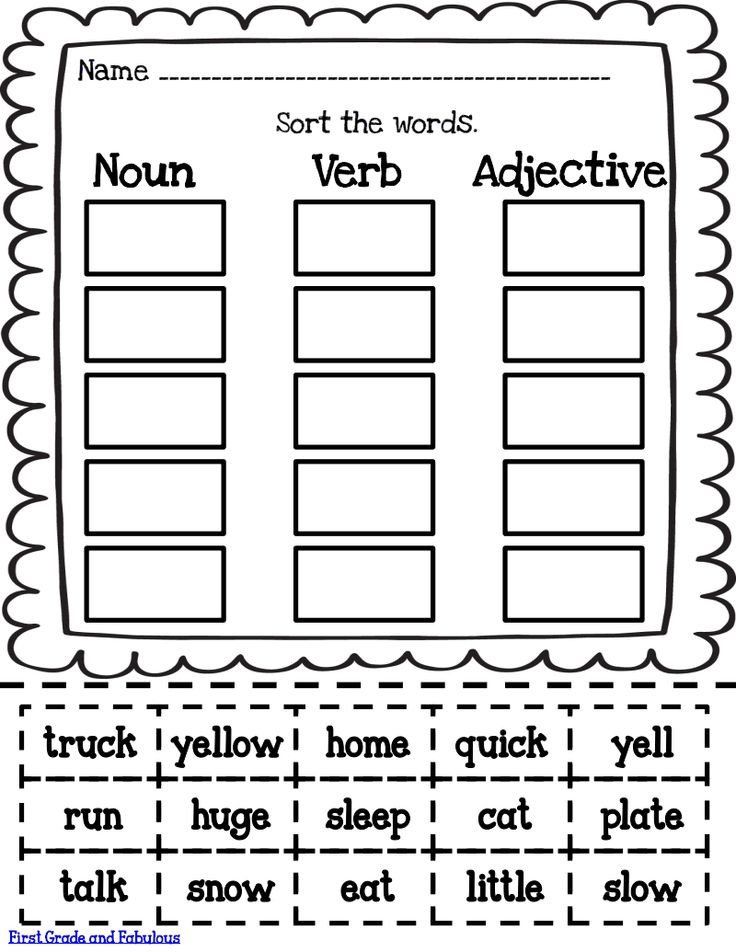 I think adjectives will surprise you today.
I think adjectives will surprise you today.
2. The main part of the lesson.
Fragrant bird cherry
Blossomed with spring
And golden branches,
Curls like curls.
Honey dew all around
Slips down the bark,
Spicy greenery beneath it
Shines in silver.
And nearby, at the thawed patch,
In the grass, between the roots,
Runs, flows a small
Silver stream.
Fragrant bird cherry,
Hanging out, standing,
A golden green
Burning in the sun.
A brook with a rattling wave
All the branches are washed over
And insinuatingly under the steep
She sings songs.
- Name the author of this wonderful poem
- What picture did you present to S.A. Yesenin from the poem "Bird cherry"? What mood did you feel? What words helped you feel the mood of the poem?
- What is the role of adjectives in speech? (They decorate, clarify speech, convey mood, draw pictures.) (3 min) (slide 8)
Task No.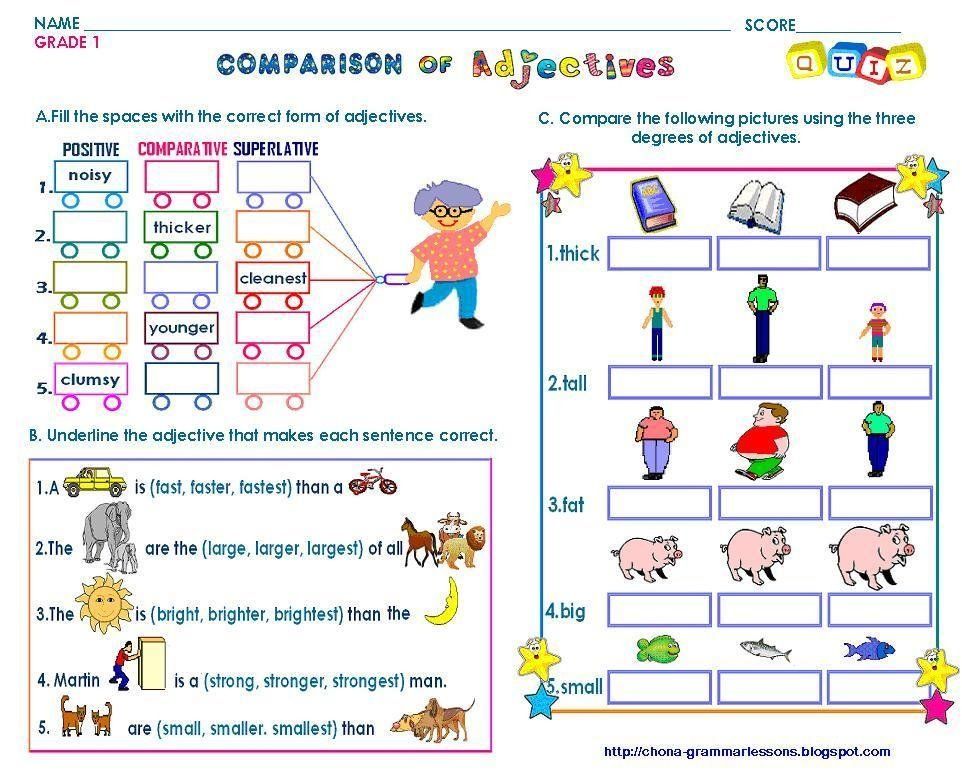 1
1
Teacher. Guys! Today, at the end of the lesson, we will create a memo in Russian about the adjective. The memo should be beautiful, attract attention and fulfill its most important role - an assistant. To do this, we need to repeat everything that we know about the adjective.
Task #2
Teacher. Name:
-What do adjectives mean?
-What questions do they answer?
The children's answers are heard. (2min)
Correctly guys, the adjective designates the signs of objects and their role is great in fiction, they are widely used when creating portrait characteristics of heroes, when describing their feelings, moods, emotional experiences.
Adjectives play a special role in creating impressive pictures0003
Soft, warm, fluffy, funny, small, pretty, mustachioed, playful, nimble, charming, playful ... (kitten)
Round, fragrant, delicious-delicious, juicy, fragrant, red-sided ... (apple)
2) And now vice versa. The task is called "Give the subject a sign"
The task is performed in groups.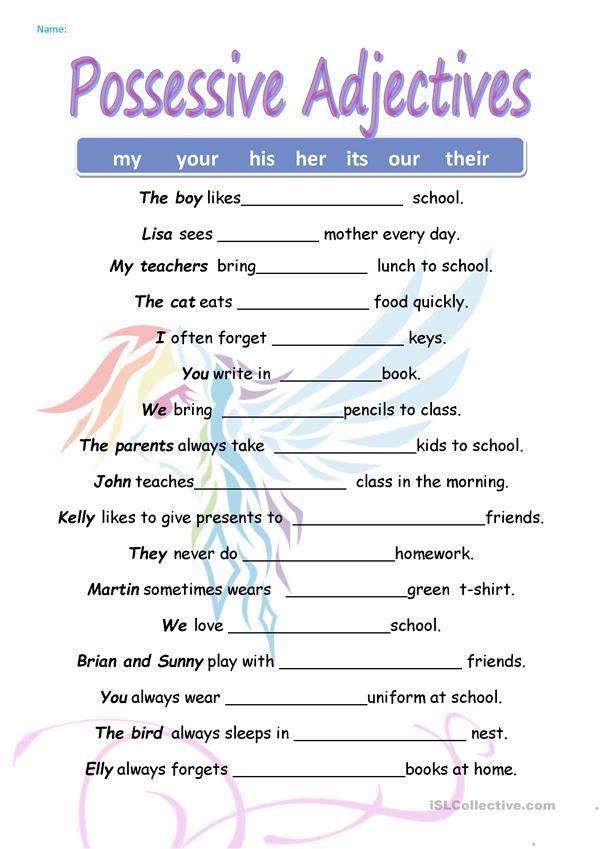 In two minutes, you need to write down as many adjectives as possible to the proposed nouns.
In two minutes, you need to write down as many adjectives as possible to the proposed nouns.
1 group - grass
2 group - flowers
Group 3 - mountains
Conclusion:
So what are adjectives for? (slide 18)
(For the imagery, brightness of our speech, with the help of adjectives, you can describe the shape, color, taste, size and other features of nouns.)
Well done! You have mastered the signs of adjectives well. But the adjective is such an amazing part of speech, which is fraught with many more interesting and important things, and in today's lesson we will make sure of this. When we talk about adjectives, we understand that we are talking about words denoting signs of objects.
Now let's put our knowledge into practice. To complete the tasks, we need to practice a little.
Guys, how do you understand the meaning of the name of this part of speech? Repeat this word to yourself several times and think, what does ADJECTIVE mean?
That's why adjectives talk about themselves like this:
Sometimes with nouns
Not life, just boredom.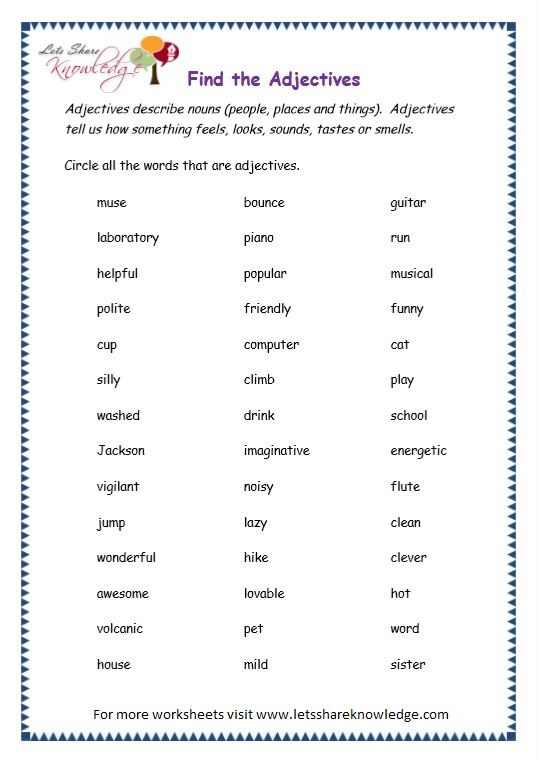
They have no color without us,
No smell, no sound.
But if we add 9 to them0003
They will have more fun.
Task No. 4 (2min) (slide 21)
And now we will try to compose phrases
CONVENDED BEAUTION
Porcelain story
Interesting cup
Non -free student
Tasty tail
Leaf
From this task, we can conclude that the adjective is combined with the noun! And what do they combine?
Task No. 5 (slide 22)
PHYSMINUTE
2. Get up. Game "Find extra".
You should clap your hands if the word does not fit the given group, i.e. is not an adjective.
- Imagine that we come on a tour of the palace of adjectives and see many signs: cheerful, stupid, purple, bird, dexterous, run, fly, smart, colorful, boys, girls, play, joyful.
3. We are leaflets, we are leaflets
We are funny leaves
We sat on the twig, the wind blew-floor
We flew and flew
,and quietly sat on the ground
,(per desks) (3min)
remained repeat the syntactic role of adjectives.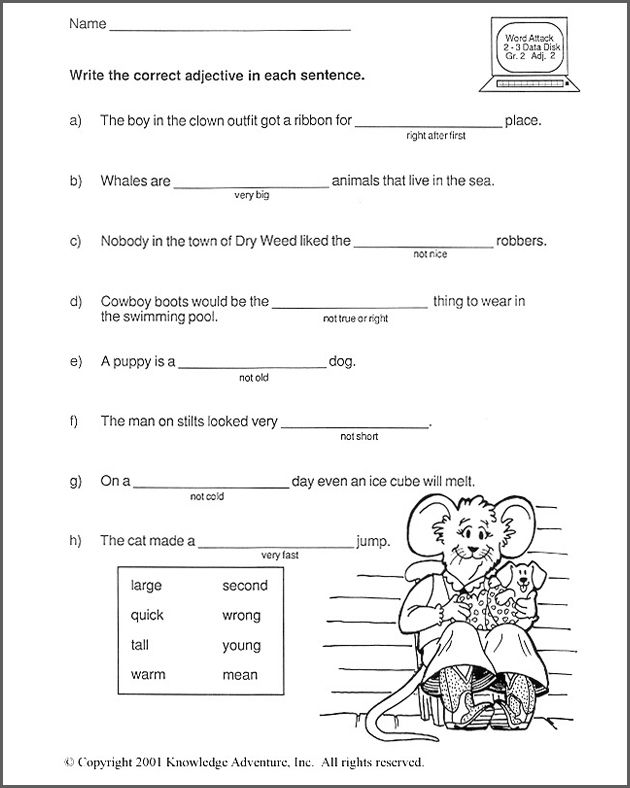 What is the role of adjectives in sentences? Let's write down the sentences and highlight the grammatical basis and secondary members, let's see if an adjective can only be a definition?
What is the role of adjectives in sentences? Let's write down the sentences and highlight the grammatical basis and secondary members, let's see if an adjective can only be a definition?
Smart… tank… re… barks.
Our tank is smart.
Teacher Guys! Adjectives are most clearly used in texts of artistic style. And now I suggest you collect such texts that have scattered,
team
1. (… ) In the morning it’s nice to wander through the forest, breathe (… ) air.
2. From (… ) morning until (… ) night, (… ) birdsong is heard.
1 team. Adjectives: summer, fresh, early, late, wonderful.
2 command.
- (… ) summer has come.
2Only in the (… ) forest through (… ) trees did rays break through (… ) .
2nd team. Adjectives:, sultry, green, tall, sunny.
3 team.
1 (… ) the bird sat on the top (… ) of the spruce.
2. Through (… ) clouds unexpectedly appeared (...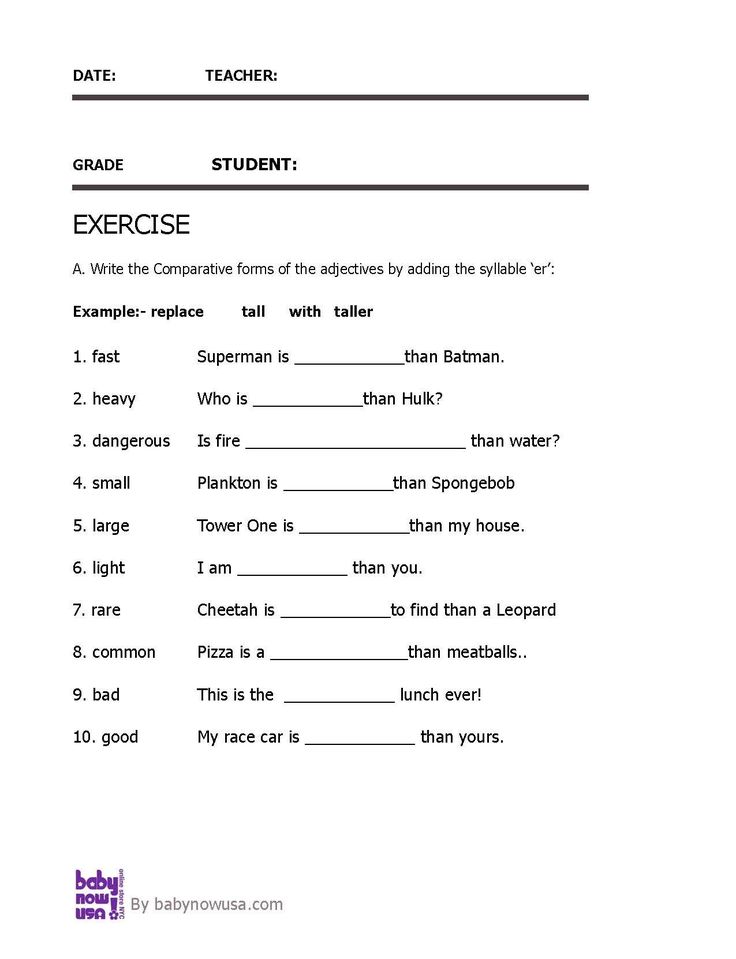 ) clouds.
) clouds.
3 team. Adjectives: small, green, blue, gloomy.
(Working time 5 minutes)
Guys! What do you think, would writers have such wonderful lines if there were no adjectives in Russian? Of course not. And we cannot imagine the Russian language without them.
Task No. 5
Let's finish this scheme.
| Name adjective |
| denotes |

